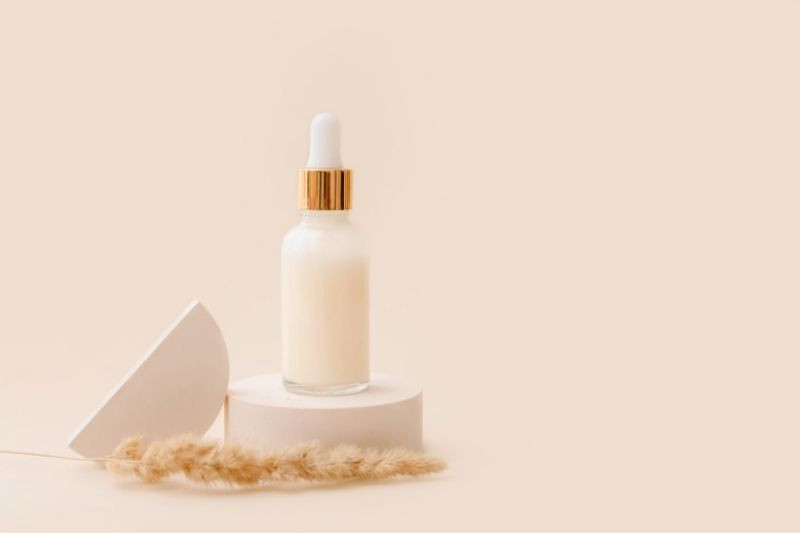Sometimes, achieving and maintaining clear skin can feel impossible. Buying different products, consulting with dermatologists, and trying various skin-care hacks—only to still not achieve clear skin—can be disheartening. However, most people don’t realize that the products, sunscreens, and makeup they layer on their faces are the ultimate skin-clogging culprits.
If you’ve tried every method of clearing your skin but they still haven’t stopped your acne, switching to noncomedogenic skin-care products could be the solution to your skin needs. In this blog, we’ll share what you need to know about noncomedogenic skin care.
What Is Noncomedogenic Skin Care?
Most manufacturers don’t create cosmetics and beauty products with your skin in mind. In fact, most main ingredients in typical makeup products are highly prone to clogging your pores and promoting future acne.
Noncomedogenic skin-care products are products that use formulas and ingredients with your skin’s health in mind. As a result, noncomedogenic products don’t clog pores, and they avoid skin blockages that create acne.
In short, standard cosmetics use pore-clogging ingredients, but noncomedogenic skin-care products use formulas with non-pore-clogging ingredients.
What Types of Ingredients Clog Pores?
Many dermatologists and skin-care experts mention a number one rule of thumb for when you’re scanning product formulas: avoid edible ingredients. Typically, edible ingredients are more likely to irritate or clog your skin’s pores. Other highly pore-clogging ingredients you’ll commonly find in makeup and cosmetics products include:
- Coconut oil
- Almond oil
- Soybean oil
- Avocado oil
- Mineral oil
How Do I Know If a Product Is Noncomedogenic?
Although some products may be labeled as noncomedogenic, the FDA doesn’t regulate this term. Consumers can feel more confident buying noncomedogenic products by checking the comedogenicity ranking of formulas. Cosmetics products will list their ingredients with a scaled ranking between zero and five. The higher the number, the higher the concentration of the ingredient in the formula. Higher rankings are also more likely to indicate comedogenic ingredients. Specifically searching for acne-safe makeup will also ensure that pore-clogging products don’t irritate your skin.
If you’ve tried endless cleansers and toners and your skin-care routine still isn’t leading to clear skin, consider swapping out your cosmetics products. Review our guide of what you need to know about noncomedogenic skin care to get started. Then, to learn more about skin-care tips and acne-safe makeup, browse the Jil Goorman Beauty website.

